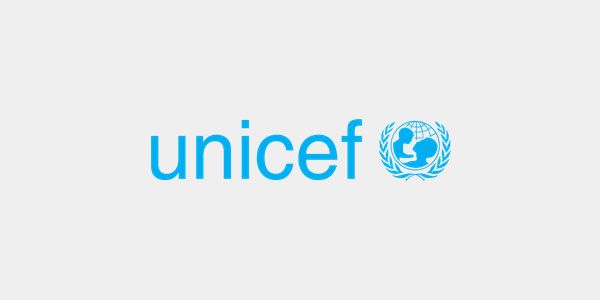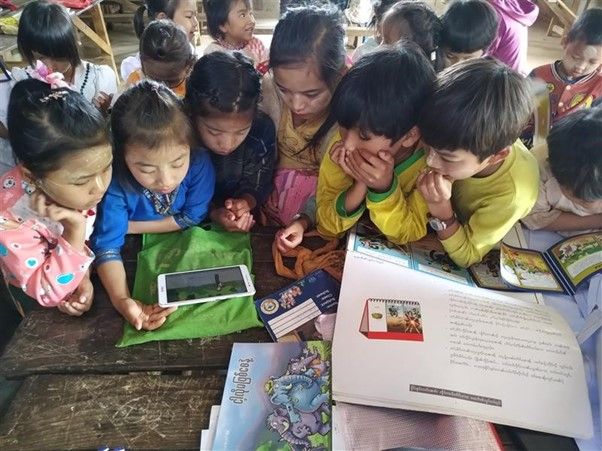In close partnership with UNICEF, the DCA-NCA Humanitarian Response and Mine Action team and local partners completed a multi-year project focusing on child protection and reducing the risks to civilians of explosive hazards.
In Northern Shan State, an area heavily impacted by ongoing conflict and landmine & unexploded ordnance contamination, children face a multitude of threats from armed conflict and displacement, forced conscription into non-state armed groups, landmines and UXO, COVID-19, as well as deteriorating food security and access to education. To address these, DCA-NCA and partners setup over 25 child protection groups (CPG) throughout displacement sites and communities, training over 300 staff to run them, and eventually assisting nearly 5,000 children to access child friendly spaces and other activities, as well as receive key messaging on child protection issues. Over 3,000 children also received pschyo-social support (PSS) through the CPGs over the course of the project. These CPGs will continue providing services beyond the life of the project; ensuring children and families have access to PSS resources and child friendly spaces.
In regards to addressing the risks of explosive hazards, DCA-NCA trained over 200 community facilitators over the life of the project, who then went out to provide explosive ordnance risk education in the communities, reaching over 35,000 people with life saving messages, across Northern Shan and the Southeast of Myanmar. These messages have been delivered in a number of innovative ways, including through the use of a mobile phone application developed by the DCA-NCA Myanmar team, for both Android and iOS operating systems, targeted Facebook advertisements in contaminated areas, child-friendly methods, such as theatre role plays, and others. As ongoing conflict prevents comprehensive survey and clearance of explosive threats, this risk education is critical in addressing increasing incident rates in Myanmar.
About the project
Period: 2019 – 2021
Donor: Unicef


